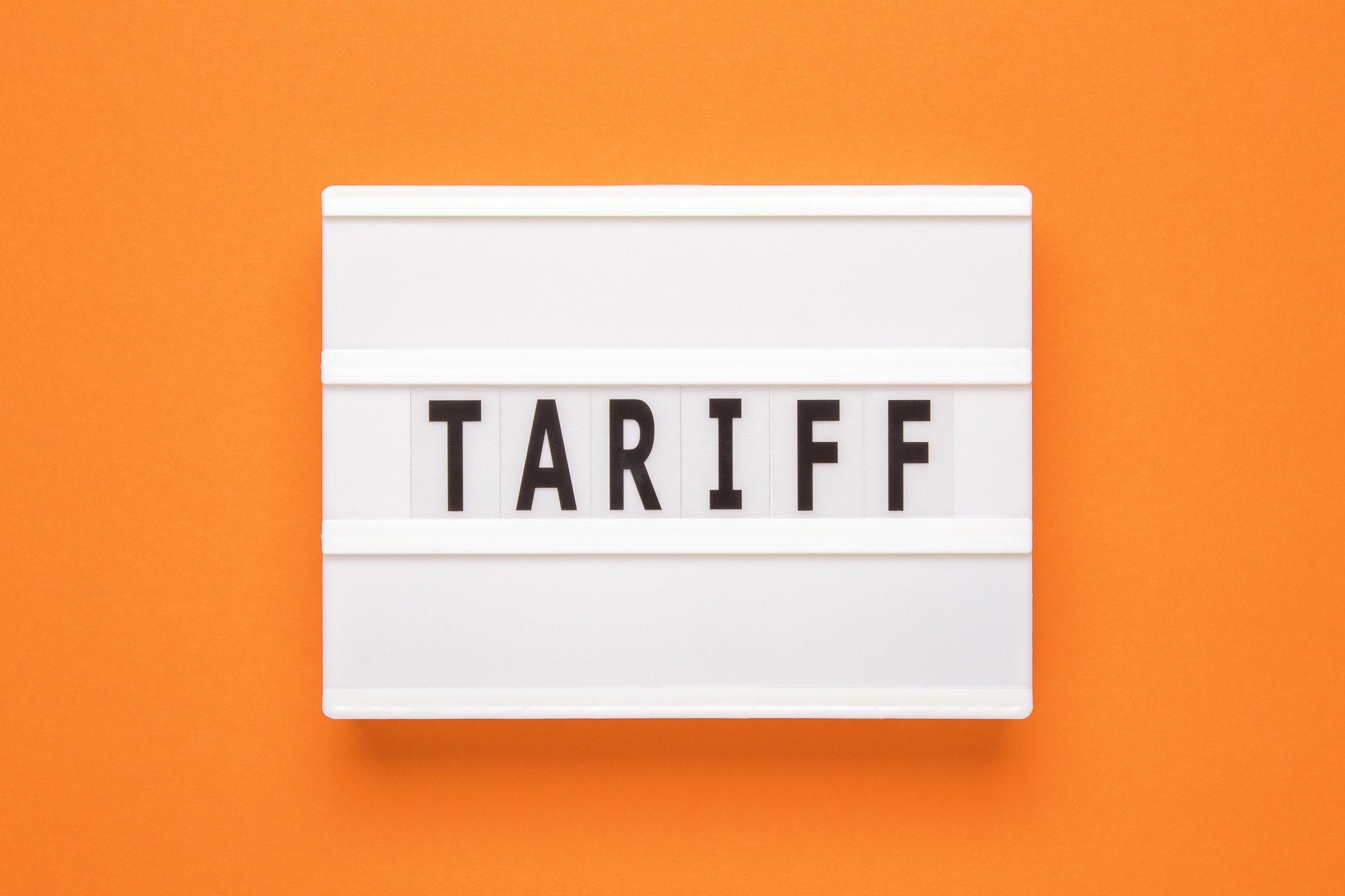As global markets remain on edge over the economic fallout from President Trump’s renewed tariff regime, investors are increasingly looking for companies that can withstand trade shocks. Among the top candidates: Palantir Technologies (NASDAQ: PLTR), a software firm whose core business faces minimal exposure to tariffs on physical goods.
Unlike automakers, consumer electronics companies, or logistics providers, Palantir doesn’t ship products or rely on international supply chains. Instead, its strength lies in enterprise software — particularly AI-driven data analytics platforms that help governments and large organizations make sense of complex data.
This business model has led some analysts to flag Palantir as a potential safe haven stock in a protectionist environment. But beneath the surface, others warn that valuation risk could eclipse tariff immunity as the primary concern for shareholders.
Tariff-Proof by Design?
Palantir’s core value proposition — offering software that powers decision-making in areas like national defense, logistics, and healthcare — means it is unlikely to face direct disruption from tariffs, which primarily hit imports and exports of tangible goods.
Moreover, the company’s heavy reliance on government contracts could provide insulation if corporate spending declines due to macroeconomic uncertainty. In Q4 2024, $455 million of Palantir’s $828 million revenue came from government clients. That represents more than 55% of total sales, a figure that signals stability in downturns when public sector spending tends to remain resilient.
“The federal government’s efficiency initiative is not a threat to Palantir — it’s an opportunity,” said analyst Karen Wu of Gatehouse Analytics. “Their tools are positioned as enablers of smarter, leaner bureaucracies.”
Growth Prospects Remain Strong
Wall Street analysts expect Palantir to grow revenue by 31% in 2025, a solid pace for an established tech firm, particularly one focused on specialized data platforms. The company is also expanding its commercial business, including partnerships in financial services and manufacturing, even amid tighter enterprise budgets.
Still, not everyone is convinced that this growth justifies the current stock price.
Valuation: The Elephant in the Room
Palantir’s sky-high valuation metrics are difficult to overlook. As of April 2025, the company trades at approximately 194 times forward earnings and 92 times sales — levels typically reserved for hypergrowth startups doubling revenue annually.
By comparison, chipmaker Nvidia, which posted 265% year-over-year growth in 2024, never exceeded 50 times forward earnings or 46 times sales, according to YCharts. Palantir, growing at one-fifth that rate, is commanding nearly double those multiples.
“Palantir is priced like a miracle, but growing like a mortal,” said Daniel Ives, managing director at Wedbush Securities. “Even if tariffs don’t touch their operations, investors could face steep losses if sentiment shifts.”
What’s Next for Palantir Investors?
Despite its strengths — a defensible market niche, sticky government clients, and robust AI capabilities — Palantir’s valuation makes it vulnerable to even minor disappointments in growth or execution. Should macro conditions worsen or competition from firms like Snowflake, Databricks, or AWS intensify, the stock could face downward pressure.
In the near term, however, its lack of tariff exposure and stable cash flow may keep investor interest alive, particularly among those looking for lower-volatility assets in a turbulent geopolitical environment.
Palantir may well be the ultimate stock to avoid tariff-related risk, but only investors with a high tolerance for valuation-driven volatility should consider holding it in today’s market.







